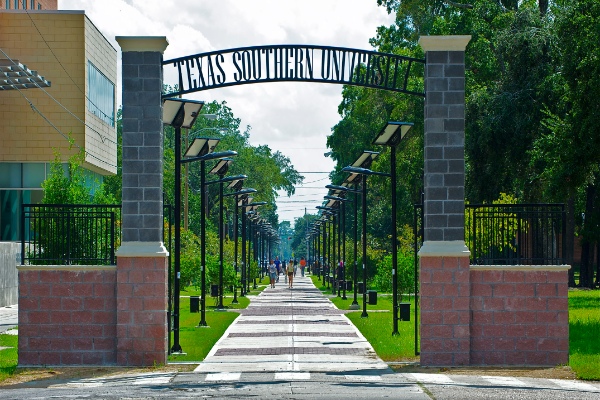Texas Southern University to Open Aviation Training Facility at Ellington Airport
Published May 08, 2023 by Brina Morales
Texas Southern University is expanding its aviation program by opening a training facility at Ellington Airport, further bolstering the region’s investment in the aviation sector, and training the next generation of pilots.
The City of Houston recently authorized a memorandum of agreement between the Houston Airport System and TSU, which will span five years. HAS has agreed to invest up to $5 million to build the new two-acre facility. Once complete, it will include an aircraft hanger, an aircraft apron, and 7,200 square feet of office and training/classroom space.
“This opportunity provides an enhanced environment for student learning opportunities as we work to address our nation’s critical aviation needs,” TSU’s Executive Director of Aviation Terence Fontaine said. “Furthermore, it provides space for our fleet of eight aircraft to be housed inside and protected from weather conditions, thus allowing us to preserve them for extended use.”
TSU will join a list of already impressive tenants at Houston Spaceport, including San Jacinto College’s aerospace program, Intuitive Machines, Axiom Space and Collins Aerospace. The EDGE Center offers students hands-on experience in electrical, design, manufacturing, and operating and maintenance.
“The air transportation industry in Houston and across the United States is growing and provides career opportunities for those with the skills needed to succeed,” Mayor Sylvester Turner said.
The U.S. Bureau of Labor Statistics projects overall employment of airline and commercial pilots to grow six percent from 2021 to 2031, with about 18,100 openings for airline and commercial pilots each year.
More than 500 aviation and aerospace-related companies operate in Houston with more than, 23,000 aerospace and aviation-relation professionals. Earlier this year, United Airlines opened a new expanded Inflight Training Center at Bush Intercontinental Airport. The new facility will train more than 600 flight attendants per month. In addition to the programs at TSU and SJC, Lone Star College offers a pilot program at its Conroe campus.
Learn more about Houston’s aerospace and aviation industries.
 The Houston Report
The Houston Report




















